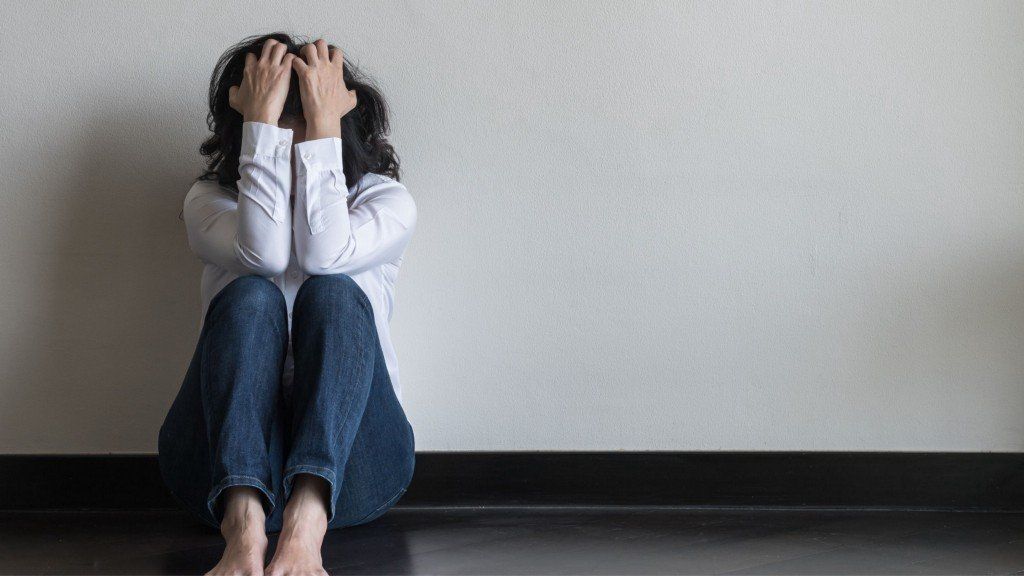The Link Between Domestic Violence & Sexual Assault
Maha Amer
In recognition of sexual assault awareness month, this article will address the interconnection between sexual assault and domestic violence. A lot of times we tend to view sexual assault and domestic violence as separate things, while, in many cases they are remarkably intertwined. Sexual assault and domestic violence perpetrators aren’t always strangers. Abusers could be acquaintances, friends, best friends, intimate partners/spouse, parents, or even siblings. So, what about victims who have been abused and assaulted by an intimate partner or spouse?
Abusers who are physically violent towards their intimate partners tend to be sexually abusive as well, which sheds light on how sexual assault and domestic violence are closely related. In addition, victims who are sexually abused and experience physical and emotional abuse, like domestic violence, are more likely to be killed compared to victims only experiencing one form of abuse. To put this in perspective, we can discuss some statistics and numbers. Sexual assault that causes physical injury is more likely by an intimate partner than a stranger or acquaintance. About 14% to 25% of women have been found to be sexually assaulted by an intimate partner at least once in their lifetime. Over half of the women who have been raped by their intimate partner have been previously sexually assaulted multiple times by the same partner.
It should be noted that marital rape is a salient issue that needs further discussion. Marital rape is rape that is committed by a victim’s spouse. As discussed before, sexual assault may also include other forms of physical abuse, emotional abuse, and violence. Around 10% to 14% of women will be raped at least once in their lifetime during their marriage and 18% of these women reported that their child had witnessed the crime. While these numbers are so high, only 36% of marital rape cases are reported.
To help reduce these statistics and to make the world a safer place for all, education on these matters needs to be taught. Education of the population on what is correct behavior and what is not is the best option for helping to change these statistics.
Schools are ideal places to implement this information. While the population is at a younger age and more able to retain the implementation of primary intervention programs, this will help reduce sexual assault and domestic violence. A lot of children’s initial influences take place in their school so implementing consent, respect, and sexual and domestic violence education will create a change in the society. Increasing public awareness campaigns and outreach materials to educate the general population is secondary intervention but an effective way to spread awareness. These campaigns could include signs of sexual and domestic violence, as well as information regarding resources provided. These changes would help lead to a brighter safer future for all.
Remember your safety matters. Understanding boundaries and knowing what could be considered as domestic violence or sexual assault are helpful to knowing you safety. Trying to be aware of your surroundings is also helpful. If you feel like something is uncomfortable, then trust your gut because it likely is. You wouldn’t have had the feeling, otherwise. Lastly, because rape culture is so prevalent in our society, knowing who or where you can get help is important to the safety of you and those around you.
Share this post







